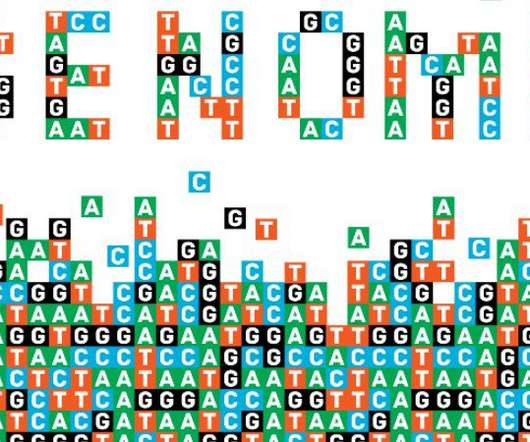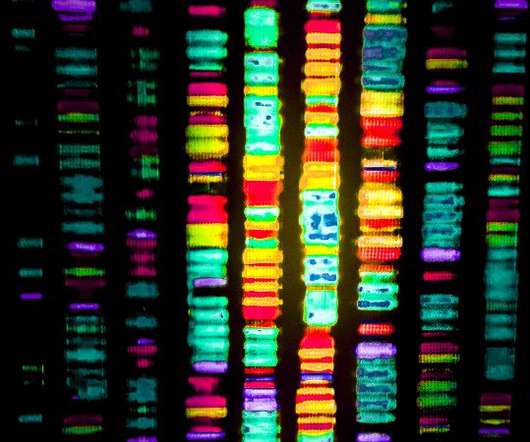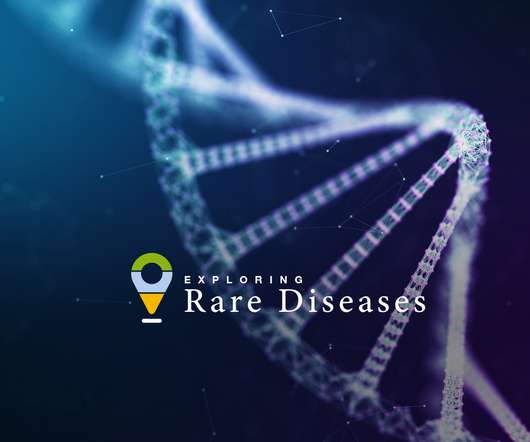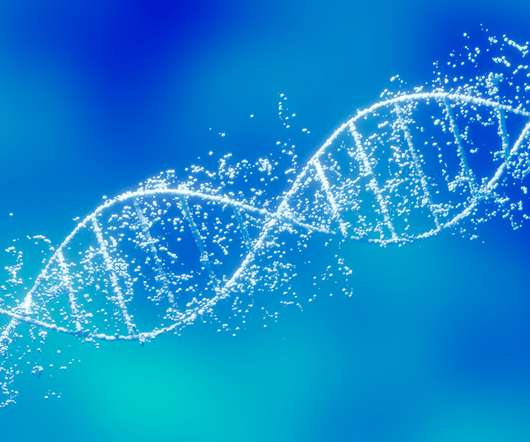Personalising whole genome sequencing doubles diagnosis of rare diseases
Drug Discovery World
NOVEMBER 7, 2022
A new study led by Medical Research Council-funded researchers from UCL has found that tailoring the analysis of whole genome sequencing to individual patients could double the diagnostic rates of rare diseases. . It also detected potential disease-causing variants in a further 3.9% Context . The study .














Let's personalize your content